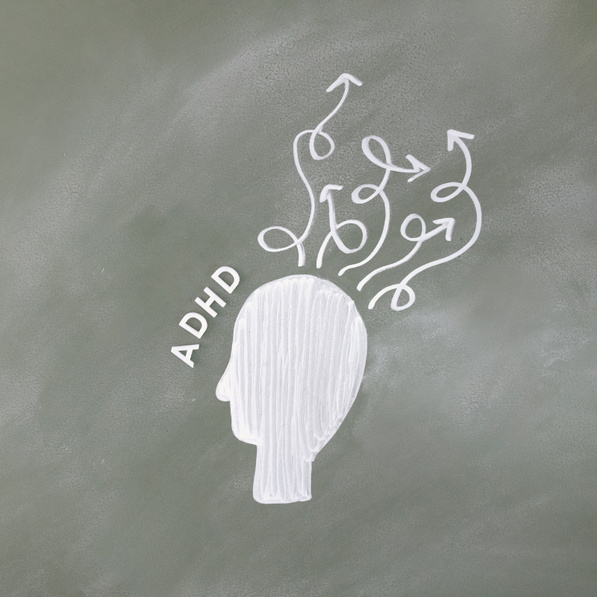LOW SELF ESTEEM/SELF WORTHCOUNSELLING SERVICES
.png)
Why Do People Suffer from Low Self-Esteem?
Low self-esteem can be influenced by a variety of factors, both internal and external. Here are some common reasons why people may experience low self-esteem:
-
Negative Childhood Experiences: Early experiences of criticism, rejection, or abuse can deeply impact one's self-perception and contribute to low self-esteem later in life.
-
Negative Self-Talk and Inner Critic: Persistent negative self-talk and an overly harsh inner critic can undermine self-esteem. These patterns of negative thinking often stem from internalizing negative feedback or societal standards.
-
Comparisons and Social Media: Constantly comparing oneself to others, especially through the lens of social media, can fuel feelings of inadequacy and diminish self-esteem.
-
Perfectionism: Setting unrealistically high standards and constantly striving for perfection can lead to a sense of never feeling good enough, eroding self-esteem.
-
Unhealthy Relationships: Being in toxic or abusive relationships can diminish one's self-worth and reinforce negative beliefs about oneself.
-
Social and Cultural Factors: Societal pressures, discrimination, and unrealistic beauty standards can significantly impact self-esteem, especially when individuals do not fit into the perceived "ideal" mold.
Can Counselling Help with Low Self-Esteem?
Yes, counseling can be highly beneficial in addressing and improving low self-esteem. A qualified counselor or therapist can provide guidance, support, and evidence-based techniques to help individuals develop a more positive self-image. Here's how counseling can help:
-
Exploration and Understanding: Counselling provides a safe and non-judgmental space to explore the underlying causes and contributors to low self-esteem. By gaining insight into the factors influencing self-esteem, individuals can begin the healing process.
-
Challenging Negative Beliefs: Counselors help individuals identify and challenge negative beliefs and thought patterns that contribute to low self-esteem. Through cognitive restructuring techniques, individuals can replace negative self-perceptions with more positive and realistic ones.
-
Building Self-Awareness: Counselling assists individuals in developing self-awareness and understanding their strengths, values, and abilities. This process enables individuals to recognize and appreciate their unique qualities, fostering a healthier sense of self.
-
Developing Coping Strategies: Counselors equip individuals with effective coping strategies to manage negative self-talk, self-doubt, and other challenges related to self-esteem. These strategies may include mindfulness techniques, assertiveness training, and self-care practices.
-
Promoting Self-Compassion: Counselling emphasizes the importance of self-compassion and self-acceptance. Learning to treat oneself with kindness, forgiveness, and understanding can help individuals cultivate a more positive and nurturing relationship with themselves.
Recommended Methods for Addressing Low Self-Esteem
While counselling plays a crucial role in addressing low self-esteem, there are several additional strategies that individuals can implement to support their journey towards improved self-esteem. These include:
-
Self-Care: Engaging in regular self-care activities, such as exercise, healthy eating, sufficient sleep, and hobbies, can boost self-esteem and overall well-being.
-
Positive Affirmations: Practice positive self-talk by affirming one's strengths, achievements, and qualities. Repeating affirmations can gradually shift negative self-perceptions and foster self-compassion.
-
Setting Realistic Goals: Setting small, attainable goals allows for a sense of accomplishment and builds self-confidence. Breaking larger tasks into manageable steps helps avoid overwhelming feelings of failure.
-
Surrounding Yourself with Positive Support: Seek out supportive and positive relationships that uplift and encourage you. Connect with friends, family, or support groups that provide a nurturing and accepting environment.
-
Seeking Professional Help: If low self-esteem persists or significantly affects daily functioning, seeking professional help from a counselor or therapist is crucial. They can provide personalized guidance and support throughout the journey of improving self-esteem.


















